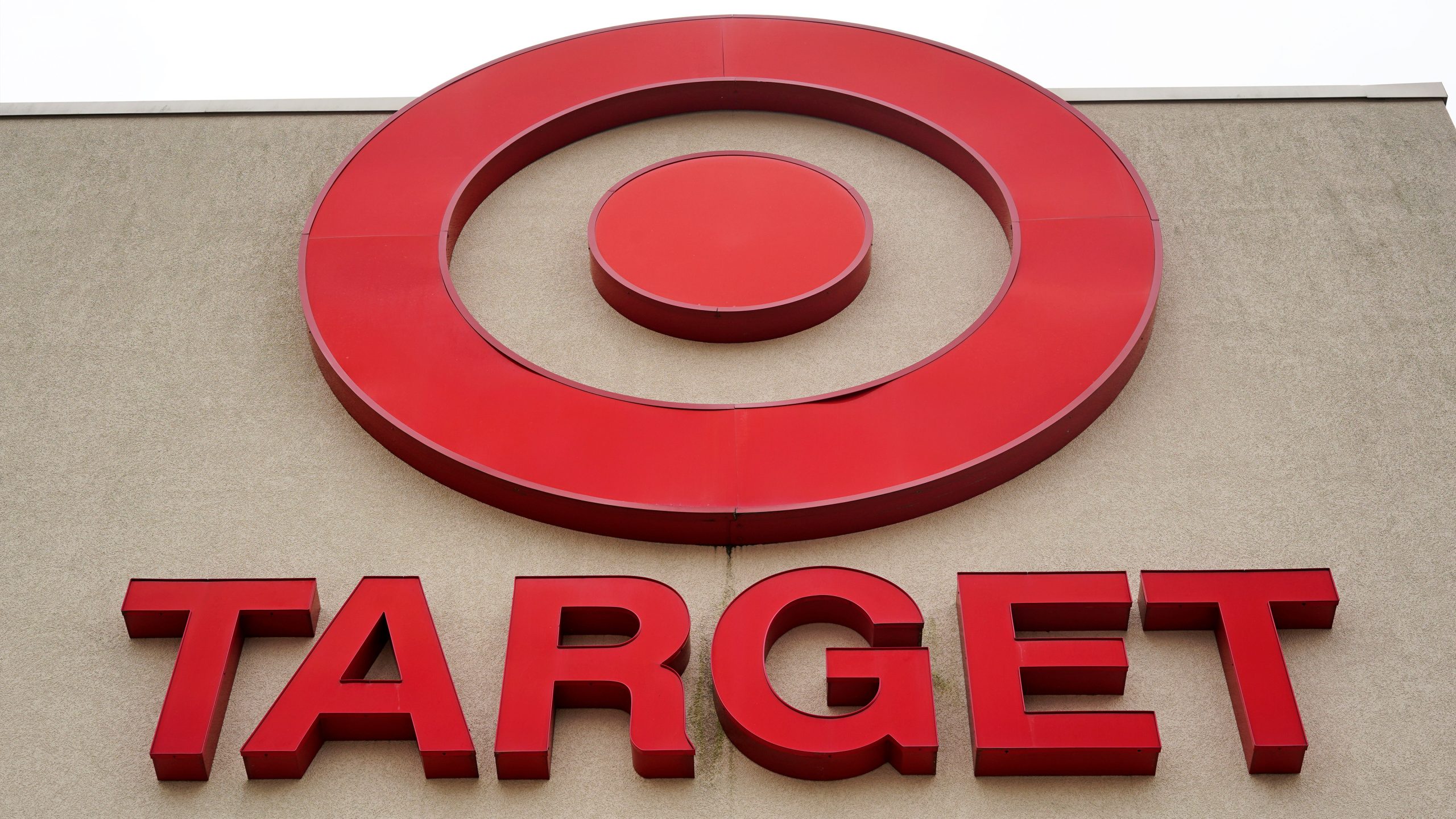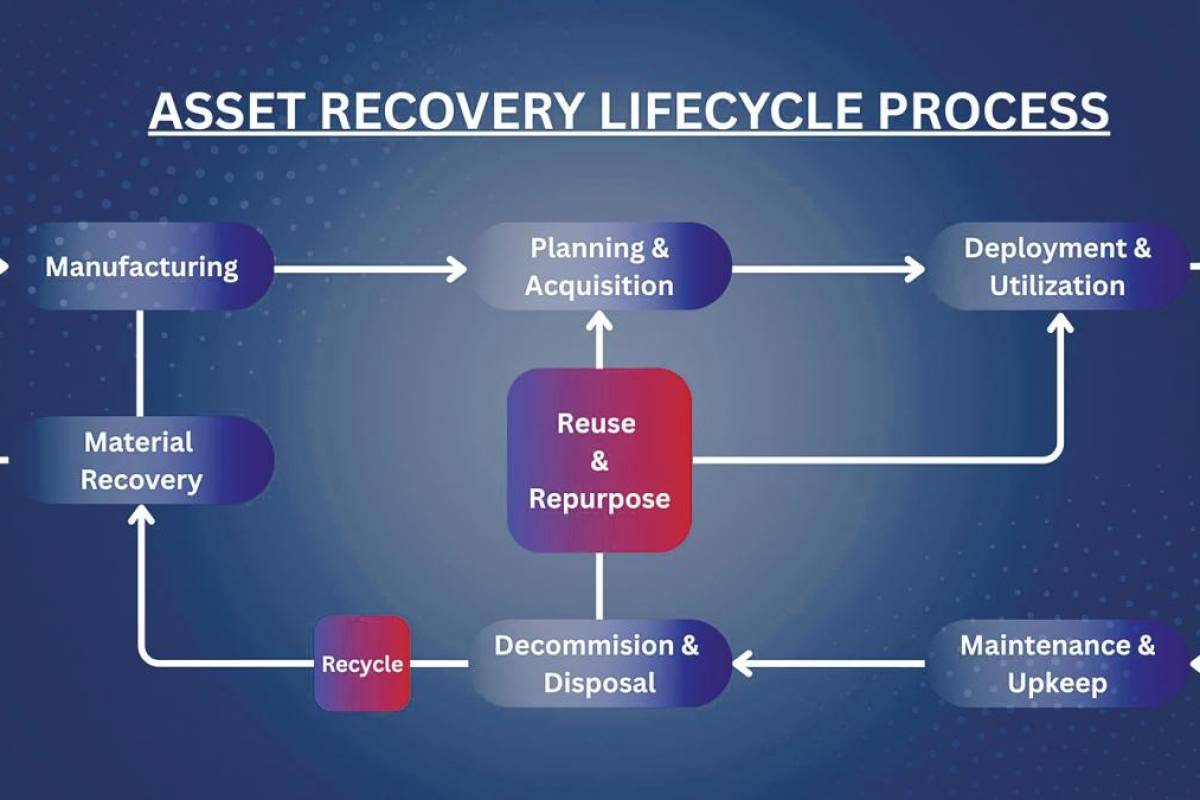Summary
For decades, hospitality loyalty programs were built on a formula that seemed failproof: reward frequent stays with points, discounts, and tiered benefits. But today, that model is falling short. Guests are no longer content with just accumulating points for free nights or upgrades. Loyalty today demands more than transactions, it demands trust, relevance, and emotional connection. The hospitality industry is undergoing a quiet reset, one that goes far beyond the confines of traditional perks. What was once a straightforward game of accumulation has now become a complex equation of personalization, recognition, and brand affinity.
In this landscape, loyalty is no longer something that can be earned with transactions alone. Its a relationship that must be built, nurtured, and evolved. Guests are asking for recognition, not just rewards. They want hotel staff to remember their name, know their preferences, and create moments that feel curated and thoughtful. A free breakfast wont impress someone whos seeking cultural immersion or once-in-a-lifetime memories. Real loyalty is forged when a brand consistently anticipates needs and delivers with care. Its about making someone feel seen, not sold to.
Thats why hospitality leaders are moving from loyalty as a program to loyalty as a mindset. The emerging model is built on personalization at scale. With intelligent use of data, hotels can now tailor experiences in ways that were previously impossible. Imagine a returning guest finding their favourite drink and mini bite in the minibar, or a vegan traveller receiving restaurant suggestions that align with their dietary needs without having to ask. These micro-moments of care create macro-level loyalty. According to Salesforce, 73 percent of customers expect companies to underst
Source:
Exclusive AI-Powered News Insights (For Members only)
Disclaimer:This content is AI-generated from various trusted sources and is intended for informational purposes only. While we strive for accuracy, we encourage you to verify details independently. Use the contact button to share feedback on any inaccuracies—your input helps us improve!



